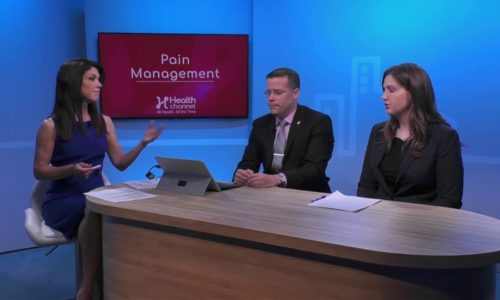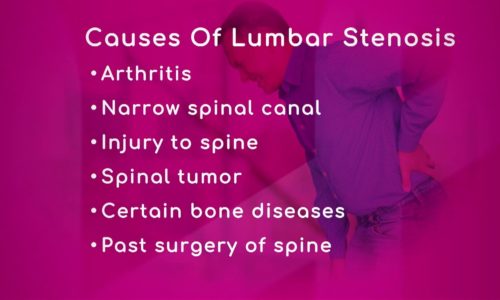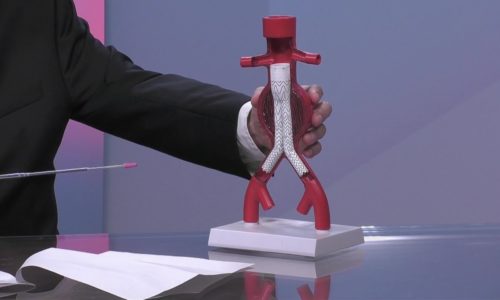Compression vs. Burst Fractures |
There are two main types of fractures: compression and burst fractures. Dr. Georgiy Brusovanik, Spine Surgeon with Baptist Health South Florida, describes each one and says, in cases of burst fractures, the patient could have a neurological problem, too.
Transcript
There are two main types of fractures there’s compression and burst fractures so what is the difference between both of these so first let me be super nerdy and scientific about da so burst fractures are different than compression fractures in that the back wall of the vertebra is broken in burst fractures okay so that’s as technical as that we need to get the reality is that compression fracture is simply locking a quarry on where I just kind of crunches down it loses height burst fracture is where the whole bone essentially widens and burst fractures are the ones that are potentially unstable meaning that they may result in neurological compromise they may result in worsening deformity versus compression fractures sort of it happens and for the majority of patients within a couple of months that’s the end of it so I’m assuming then that compression fractures are something that you see more of absolutely okay all right now to do compression factors happen anywhere in the spine or certain areas of the spine are more likely to have compression fractures so it’s unusual for there to be a compression fracture in the neck that being said the thoracic spine which is your mid-back and lumbar spine which is your lower back that’s where we typically see compression fractures okay the scary fractures burst fractures being a part of those they can happen anywhere you








